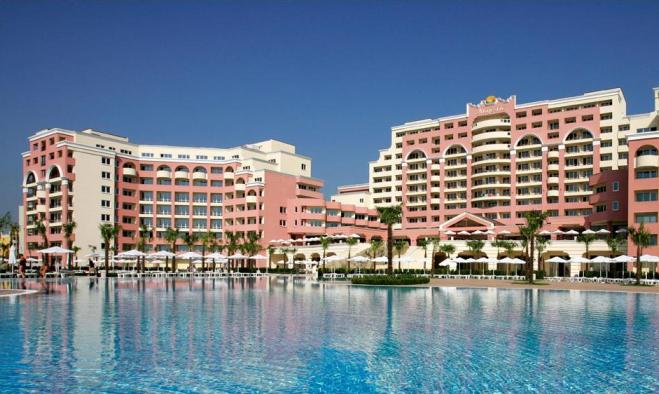Integration Issues for the expats
The famed friendliness of the Bulgarians can be tested in the resort areas where there are a few loud, drunk foreign visitors but, similarly, do not judge Bulgarians or Bulgaria by the hurried waiters and money-making resorts of Sunny Beach or Bansko.Take time out to travel inland and explore the beautiful interior and smaller settlements. Remember, English is only a second (or even third) language here.
Though English is widely spoken by younger people, the few minutes it would take to learn even a few basic Bulgarian phrases -'hello', 'thank you', 'goodbye', 'please' and so on - will pay dividends and be a very welcome gesture. Don't worry - most Bulgarians will respond immediately in English but show great appreciation that you at least make an effort.If you are planning to settle permanently it is well worth finding a local teacher once you have settled in, and taking one or two weekly lessons for at least a year. This will greatly enhance your experience of being in Bulgaria, enablingyou to meet people and to be accepted as part of the local community. Intimeyou will probably be invited to family gatherings, parties and other festivals throughout the year-and there are many in Bulgaria.On the whole, local communities are very accepting of foreigners, and Bulgaria has a traditional of tolerance to ethnic minorities such as Turks, Jews, Armenians and others who have lived among the Bulgarians for centuries. In fact Bulgaria was the only ally of the Nazis to refuse to send Jews to the concentration camps. Although the Roma population is not fully integrated, measures to improve matters are underway.


